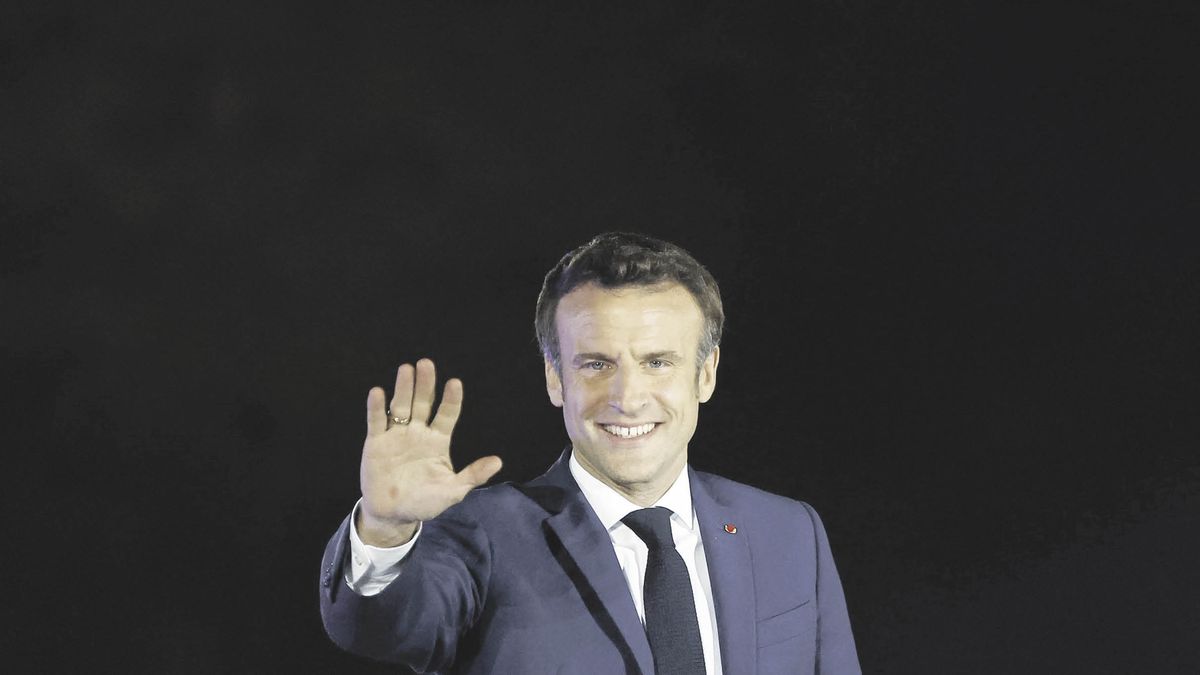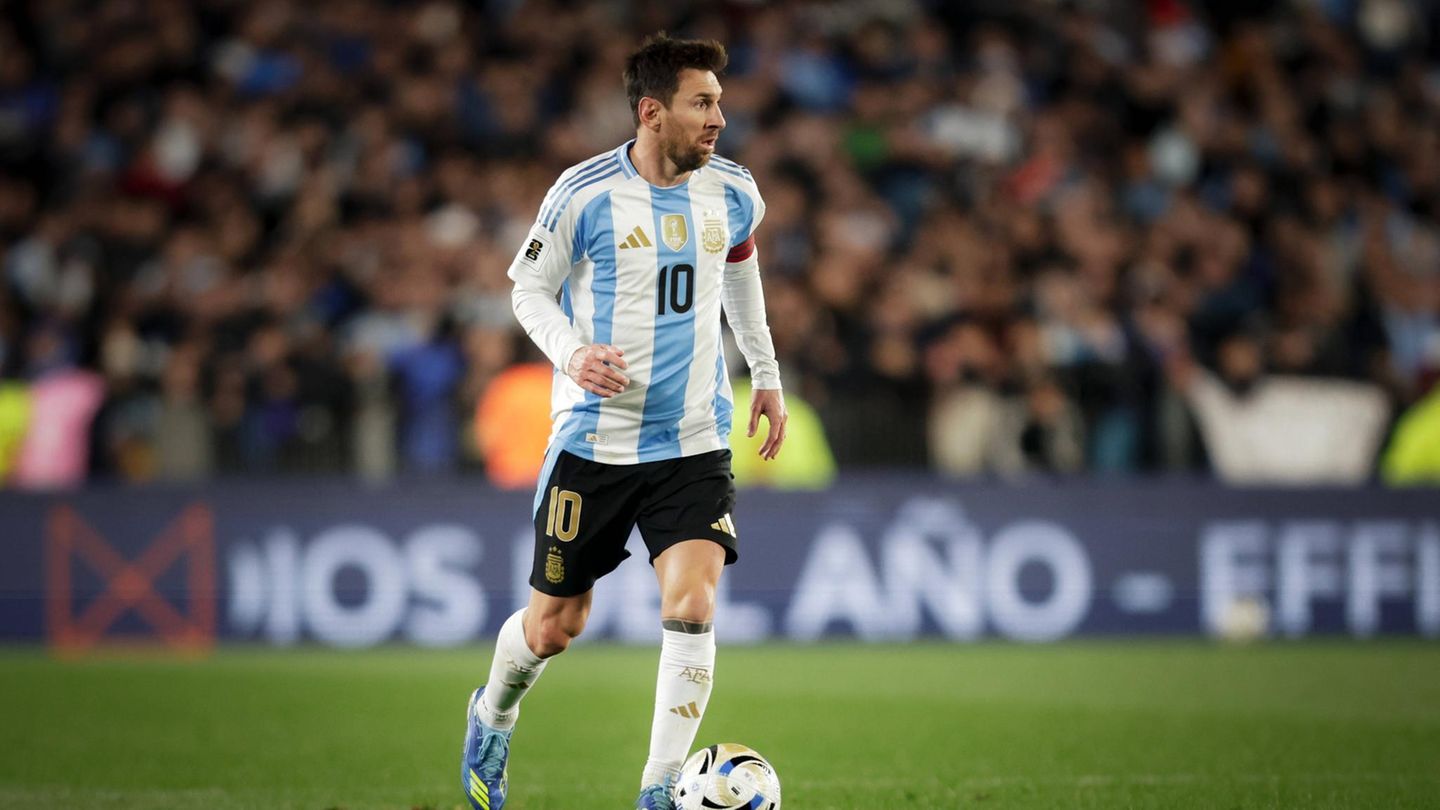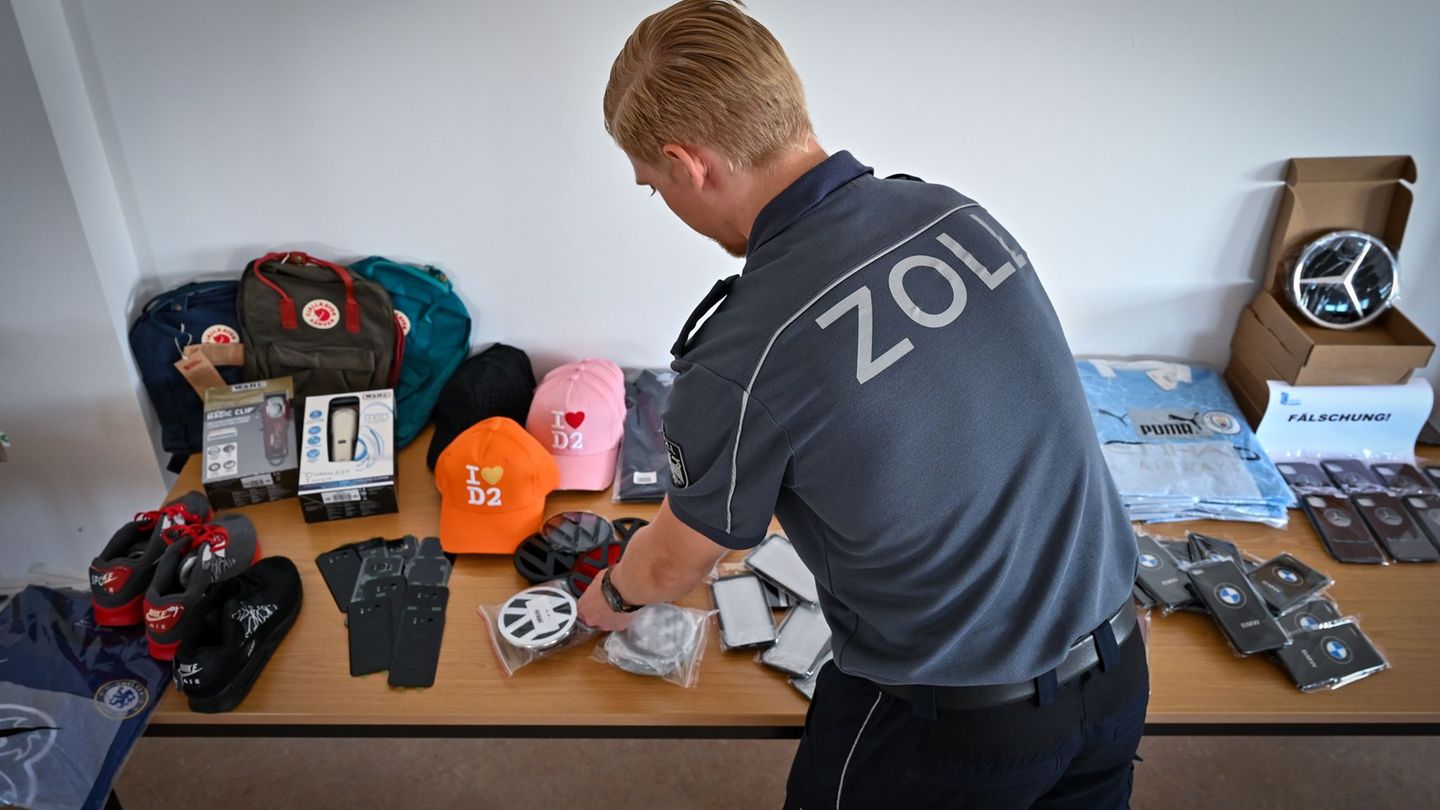When the catastrophic effects of climate change are felt throughout the world, this issue is announced as one of the most urgent and delicate challenges. Time is short. UN climate experts (IPCC) warned in April that the world has three years to totally overhaul the economy and limit greenhouse gas emissions so that humanity’s future is “viable.”
Macron’s main task will be to put France on a path to meet the goal of reducing emissions by 40% by 2030 compared to 1990, in line with the Paris Agreement, the international climate treaty adopted in 2015.
During the runoff campaign, in a nod to green voters, he promised to go “twice as fast” to cut emissions and said his next prime minister would “handle green planning directly.” But his promises are not yet able to convince ecologists and environmental defenders, who point to the lukewarm balance of his first term and warn that they will judge based on facts and not words.
Conflict
The head of state, who multiplied his mediation efforts between kyiv and Moscow to try to stop the Russian offensive in Ukraine, should continue, especially until June 30, when the French pro tempore presidency of the Council of the European Union ends.
Its main challenge in this regard is to maintain the unity of “the 27” before Moscow, especially when the different countries of the bloc have different views on applying an embargo on Russian gas. Germany is one of the main opponents of that measure.
The diplomatic consequences of the war in Ukraine, which showed the West’s difficulties in including the rest of the international community in its strategy of isolating Russia, could also redraw the map of alliances.
divisions
The five-year period that is ending and the result of the presidential election outline a divided France. Beyond the social protest of the “yellow vests” in 2018 and 2019, the last two years were marked by the “antivax”, contrary to health policy to face the pandemic.
Macron’s controversial and off-color phrases, which some of the French and the opposition consider derogatory and arrogant, fueled tensions throughout his first term.
The centrist president promised on Sunday that he would not leave anyone behind and called for goodwill and respect in a country “plagued by so many doubts, so many divisions.”
Even if he were to win a parliamentary majority in the legislative elections in June, that would not mean that the horizon is clear.
The demonstrations registered in Paris and Rennes (west), just after his re-election, presage a strong resistance in the streets, especially against his controversial pension reform.
Income
The main concern of the French during the election was purchasing power, so the first measures of the new mandate will be closely watched.
The “whatever it takes” policy, deployed during the covid-19 pandemic to support the sectors hardest hit by the health and economic crisis, made it possible to save, at least temporarily, companies and jobs. However, rising inflation, driven especially by energy costs, continues to weigh on purchasing power. In March, the CPI stood at 4.5% year-on-year, an unprecedented level since the 1980s.
In addition to the 26,000 million euros already committed to help companies and households, the president promised additional measures, hoping to contain social anger and avoid another scenario of protests such as the “yellow vests”.
All in all, the reelected president’s room for maneuver is less than it was five years ago. Macron promised to reduce the public deficit to below 3% by 2027 (6.5% in 2021) and begin to reduce the weight of the debt, which skyrocketed with the covid-19 crisis (112.9% in 2021).
AFP Agency
Source: Ambito
David William is a talented author who has made a name for himself in the world of writing. He is a professional author who writes on a wide range of topics, from general interest to opinion news. David is currently working as a writer at 24 hours worlds where he brings his unique perspective and in-depth research to his articles, making them both informative and engaging.




